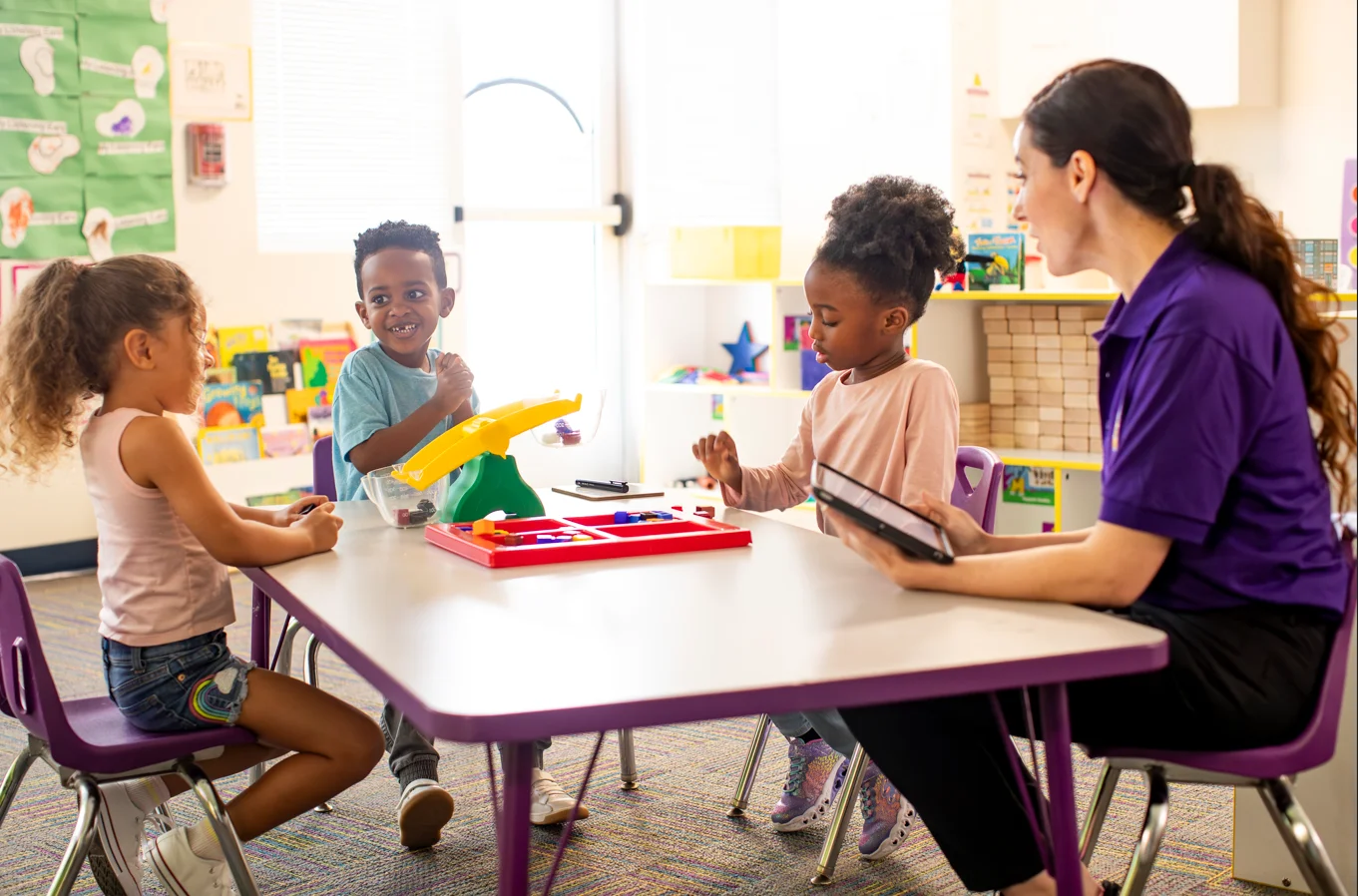Parents often contact me because their children are having trouble at school. These are just a few of the many issues I regularly face. You may have heard school staff use these things to describe your child as “oppositional” and “defiant.” Your child may have been sent to the principal or suspended for defiant behavior.
We all know that children respond best to immediate feedback. Schools often expect parents and guardians to correct the problem. Parents could fix the problem if they could. We can’t give direct feedback to our children as parents because we aren’t in the school building when the behavior occurs. Parents in such a situation feel frustrated and helpless. It’s not unusual for parents to resort to harsh words, threats, and physical punishments to get their children to behave at school. In my professional and personal life, I have noticed that while our attempts to control our children are understandable, they almost always cause problems in our relationships with them. It’s a lose-lose.
What can we do then to help our child? First, we need to change our perception of the problem. These behavioral issues are often treated as a matter of discipline, and schools respond with punishments. This can lead to an increase in the child’s problems. School misbehavior is usually due to unrecognized cognitive, emotional, or learning difficulties. Examples include Attention Deficit Hyperactivity Disorder, Autism Spectrum Disorder, and Executive Functioning Problems. These conditions can make school difficult for children to follow academic and behavioral requirements. This means misbehavior does not result in the child deliberately violating the rules. It is due to the child’s emotional, cognitive, or learning difficulties, which can make it difficult for them to pay attention, sit still, read social cues, understand assignments, and be able to pay attention. These missing skills and the associated frustrations can quickly lead to serious behavioral problems.
Special education is required for the misbehaving child. It will help them develop the social, emotional, cognitive, learning, and social skills they need to cope with school demands. These skills cannot be taught by punishment. The Individualized Education Program (IEP) is one of the best tools for solving school behavior problems. Once we have identified the root causes, we can use it as a powerful tool. Behavior problems improve quickly once an IEP has been in place.




